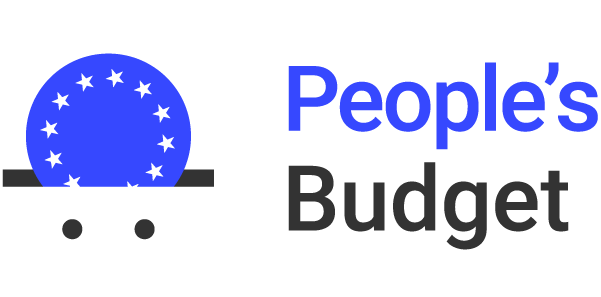National governments must no longer deny citizens access to EU funded programmes. As one example, too often, low-income households cannot afford co-financing requirements to retrofit their homes.
A Community power facility, or other targeted and innovative financing is also needed for communities wishing to invest in renewable energy. Without fixing these things, EU priorities like the citizen led energy transition will not materialise on time.
Civil society organisations working for youth or public health often struggle accessing EU funded programmes geared towards large corporations. And progressive local authorities deserve a stronger role in working with communities and civil society to direct EU finance to build a sustainable Europe from the bottom up.
Several programmes within the EU budget require rebalancing, away from favouring huge players, and towards smaller players, not ignoring social entrepreneurship and the creation of the resilient, localised economies we need.
We call on European and national decision makers to ensure that the EU budget serves a diversified and resilient economy and society, where the full potential of all communities, organisations and businesses of any size is fully achieved. (Sustainability principle 5)

